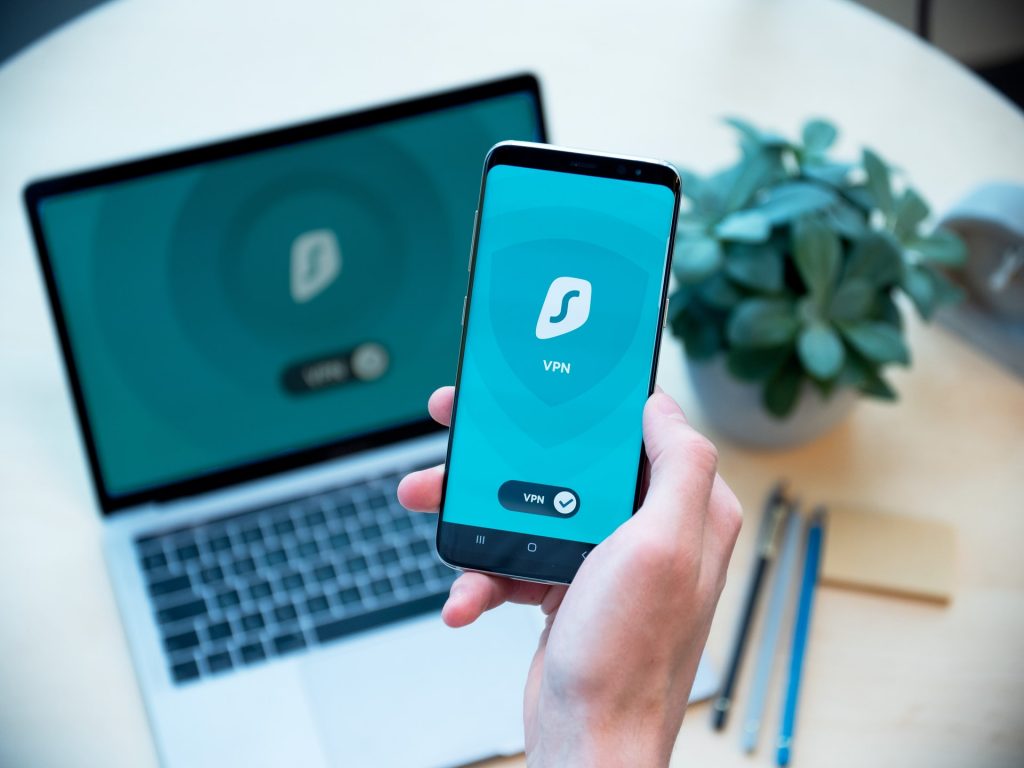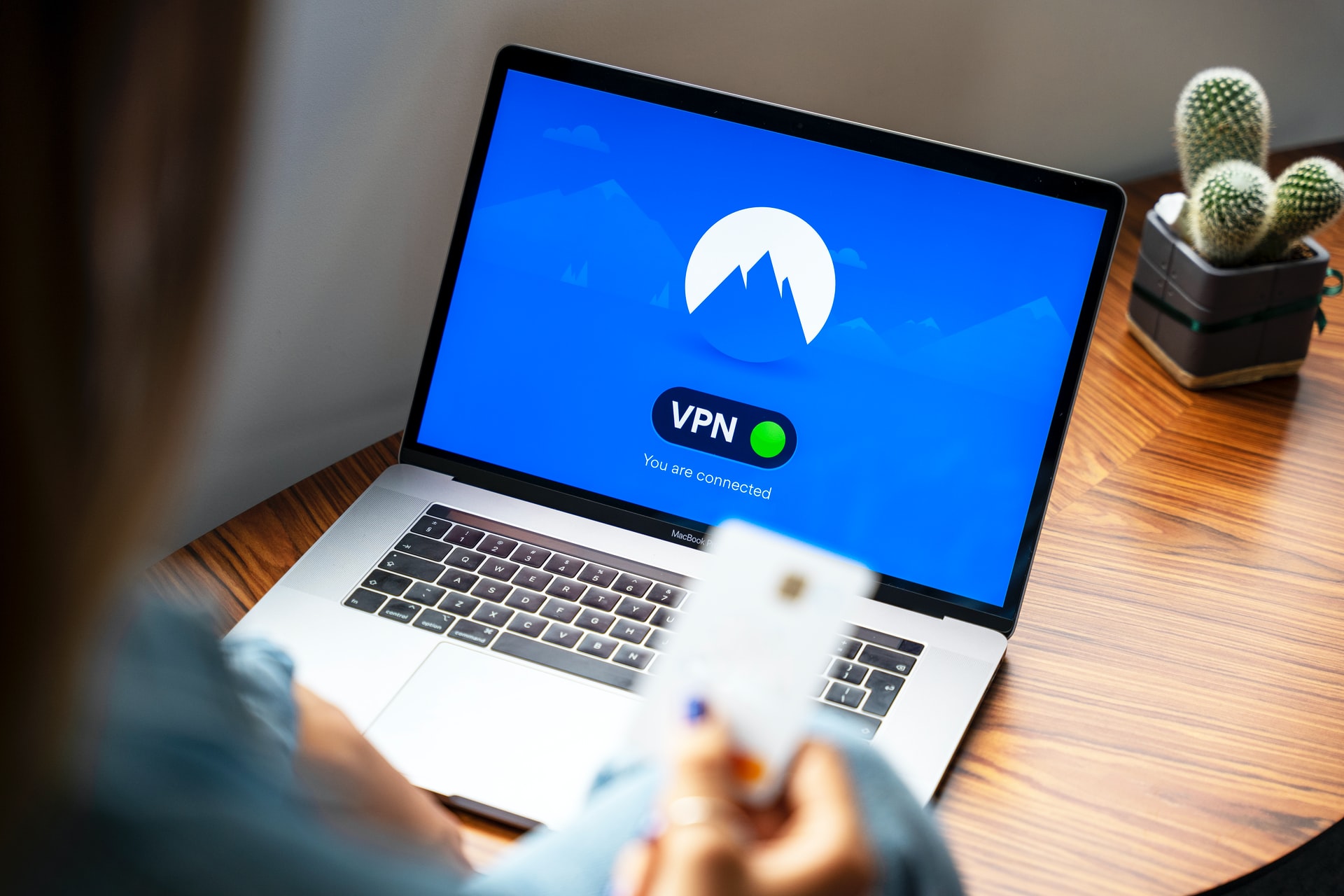What is a VPN? What happens if I use VPN? Find out new rules from India Goverment!

Introduction
VPN services are available for the desktop and phone we use. These come in free and paid versions. But what is a VPN and how does it work? You can see the contents here.
What is a VPN (Virtual private network)?
Virtual Private Network is a private network. This will be generated when you browse the Internet. It promotes online security and enhances our overall privacy. Every time you turn on your VPN connection it acts as a middle man between your device and the webpage you want to go to, creating a secure path.
Your data will be sent to an external VPN server. It will link you to the website you want. When the VPN server does this, your IP address will be changed so that certain websites will not be able to track your location accurately.
Users typically use VPN services to access websites and web services that are not directly accessible with this virtual private network (VPN), while users use this VPN feature to mask and protect their identities such as data and IP addresses.

How does a VPN work?
Imagine that you are going on a straight road where you can go to a shopping mall in your car. Your car’s number plate is your IP address here. Everyone on the road will see you going to the mall and the number plate of your car. Following this they can use it to track you. What this equates to is like browsing online without a VPN.
Why use a VPN?
The VPN is the second road to the same shopping mall, like a hidden subway. The tunnel called VPN does not reveal your movements to the outside world. It will also change your number plate i.e., your IP address on the way to the mall i.e., the website you want. It will change the IP address again when you come back.
Security:
If you use a VPN connection as we have already seen above your IP address will be visible to websites. Thus, your identity and location will not be identified. VPN will prevent you from being easily tracked by the government to cyber criminals.

Location spoofing:
Location spoofing is the act of pretending or covering up your location. One of the simplest ways to spoof your location is to use a VPN. VPN allows you to connect to a server in another country and obtain a different IP address.
Online Censorship:
Many countries have blocked access to various websites. VPN allows you to avoid such restrictions. VPNs can be used to access banned websites without government restrictions.
Disadvantages:
VPNs come with some drawbacks. VPNs are used to send your traffic through the VPN server so it may take longer to reach the websites you want. VPN will not help if you download a malicious file, give your personal details on a fraudulent website, or if you are logged in with an identifiable account such as Google Account that identifies you regardless of your IP address. It is also important to note that the VPN service knows which websites you are visiting.
Paid vs Free VPN:
Paid VPN services often require payment by subscription. Additional features of payment services such as NordVPN or Surfshark VPN. As well as free VPN apps and services often offer you lower speeds and ask you to pay for higher speeds. So pay attention to the restrictions when choosing a free VPN service.
India government amend new rules:
The Government of India has directed the companies concerned to abide by the new rules to bring VPN services under control as various cyber scams and crimes such as online fraud, hacking, privacy, underground websites have been on the rise in India in recent times.
Accordingly, the government has ordered VPN service providers to store their users’ real names, IP addresses and their details and data. Following this order from the Government of India, the popular Express VPN, which has been providing VPN services to its customers for the past 13 years, has announced its departure from India. The new order of the Government of India on VPN services will come into effect from June 27, 2022.






